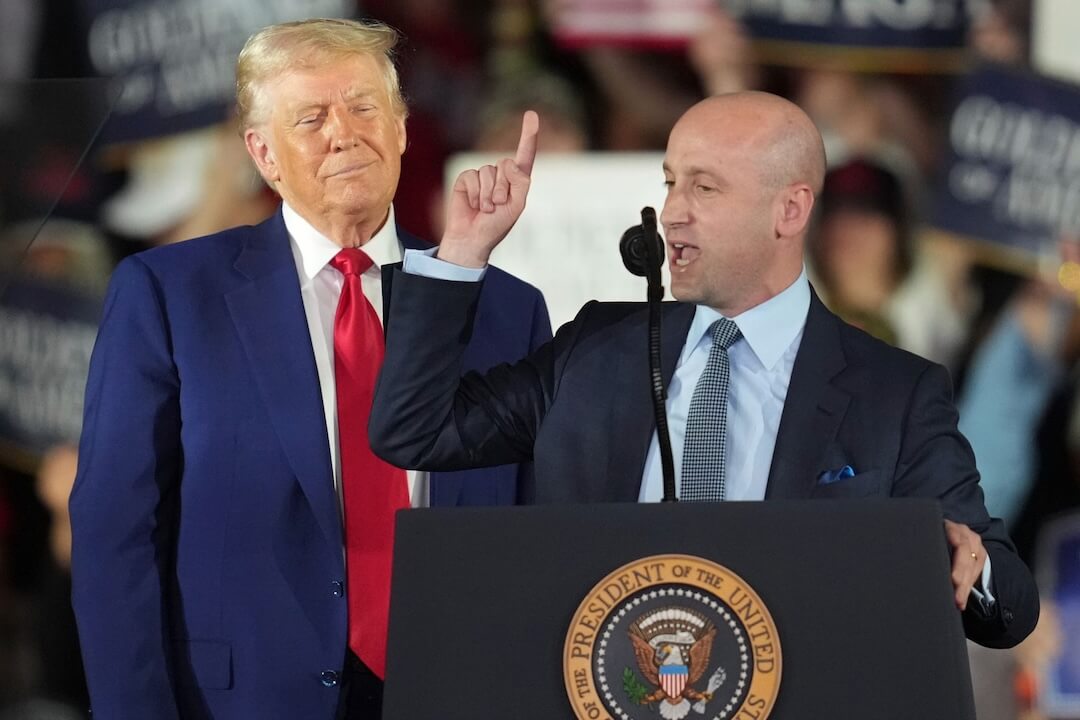Wednesday August 8, 2001
Judges After Hours
Here is a story I have never seen before. What it is like for judges who are on call or have to work after hours listening to emergency hearings, sometimes even in hospitals while somebody is on their deathbed.
The great story idea is from The Boston Globe, which reported, “Each year nearly every judge in the state – from district and superior court judges to land and probate court jurists – must take a week-long turn fielding after-hours calls from police departments and hospitals. Jarred awake by the chirp of a pager and the frantic sounds of a crisis on the other end of the phone, the judges handle everything from domestic violence situations to medical emergencies. They interview witnesses over the phone and issue orders. Occasionally, they must go to the scene and conduct hearings. ”You get up at 3 o’clock and you do your job,” said Wrentham District Judge Daniel B. Winslow, who kept a narrative log of the week he was on call in early July. The diary chronicles a steady stream of domestic violence and requests for temporary restraining orders, the most frequent type of calls judges receive after-hours. In one, police called about a restraining order for a man they said repeatedly stomped on his wife’s head as their 11-year-old boy watched.”
Go do this story — I would argue to the judge that they should let you follow their story since the public thinks they have a cushy office job and they are not very in touch with society. This is a great way for judges to get some good PR. I always think it is a good thing for the public to see real courtroom/legal stories, not the canned Perry Mason stuff.
Cursing at an officer is not a crime
I find this story from today’s San Francisco Chronicle to be a great one to localize. “Swearing at a police officer may be disrespectful, but it’s not criminal. So said a federal appeals court yesterday in a pair of rulings overturning disorderly conduct convictions arising from unrelated incidents at Yosemite National Park. In one case, the court said Nolan Poocha was exercising free speech and wasn’t threatening violence or inciting a riot when he gave a profane two-word response to a park ranger during a 1999 disturbance. “Criticism of the police, profane or otherwise, is not a crime,” said Judge Stephen Reinhardt in the 2-to-1 ruling throwing out Poocha’s disorderly conduct conviction.”
Have there been any such cases in your courts? What do cops have to endure? What do judges, cops think of this?
How DNA Evidence is Changing the Court System
Ed Timms of The Dallas Morning News wrote a brilliant piece about how DNA evidence is totally changing the way our legal system works.
The story said: “Demand for testing strains state resources andDNA evidence is chipping away at a long-standing legal principle on a time limit for justice in sexual assault cases. Texas is among a growing number of states that have eliminated or extended the statute of limitations, the time prosecutors have to indict a suspect after a crime is committed, in such crimes. Texas’ new law, signed by Gov. Rick Perry in April, lengthens the statute of limitations on sexual assaults from five to 10 years and eliminates any filing deadline in sex cases in which DNA evidence is available. The measure takes effect Sept. 1. It does not apply to cases in which the statute of limitations already has expired. The strength of DNA evidence, perhaps as close as the judicial system will ever come to a perfect witness, has challenged some of the traditional reasoning behind a statute of limitations in criminal cases.
The changes are big and the news hook is that it is going on now:
*In Texas, A law goes into effect Sept. 1 eliminating the statute of limitations for sexual assault cases in which DNA evidence was collected.
*A Texas law took effect in April allowing inmates who contend that they have been wrongfully convicted to seek state-paid DNA testing. One person has been freed as a result of the measure.
How does DNA evidence help? Here is a link to the U.S. Justice Department






